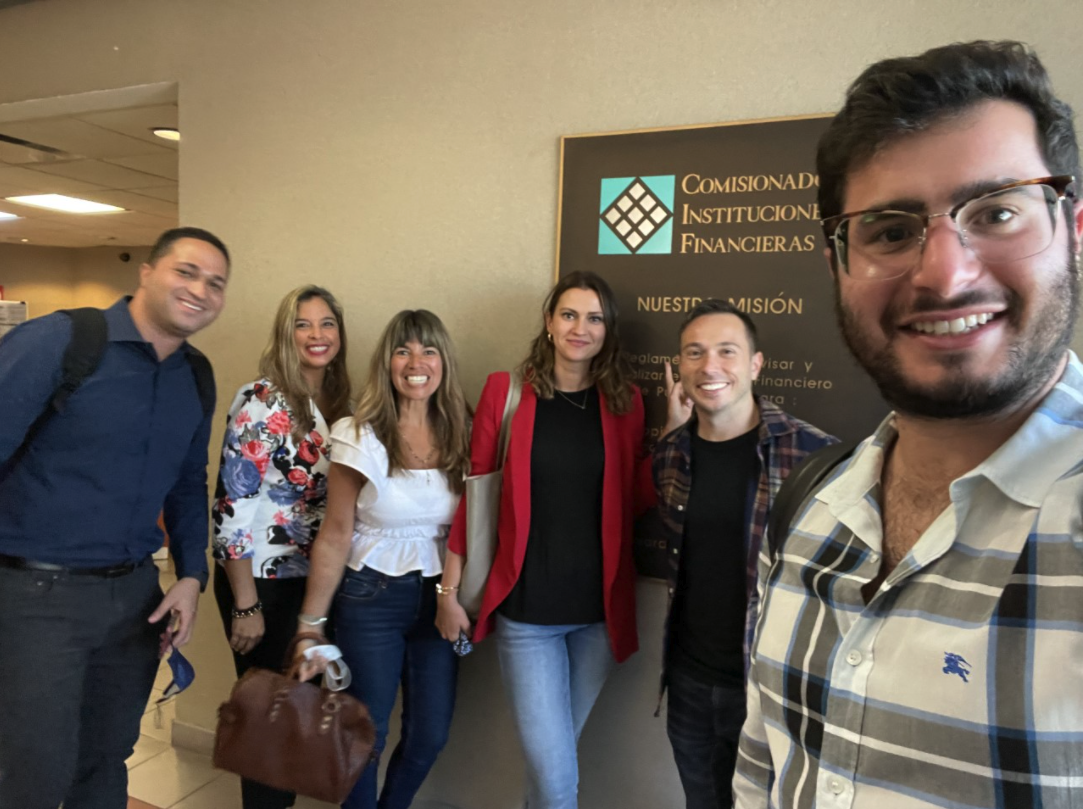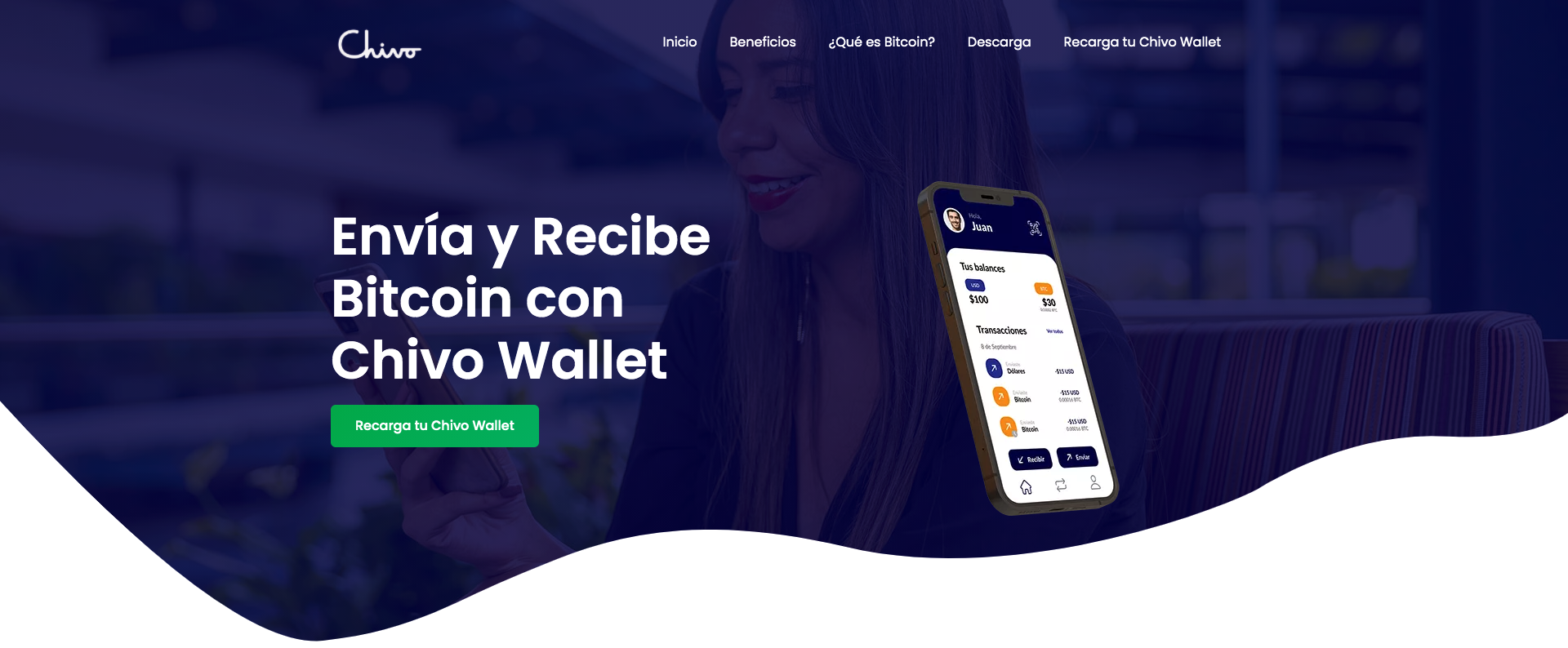
In a world in which a new enabling technology seems to capture the fintech imagination at least every other year, quantum computing remains relatively elusive. The promise of being able to leverage quantum computations to accomplish tasks that challenge if not overwhelm current, classical computing technologies is one that, in the area of fintech, has yet to be realized.
Is this about to change? Multiverse Computing, which bills itself as the first quantum computing startup focused on finance, announced this week that it has secured $11.55 million (€10 million) in seed funding. The round was led by JME Ventures and featured participation from a sizable number of investors including Quantonation, EASO Ventures, Inveready, CLAVE Capital, Ikerlan, LKS, Penja Strategy, Seed Gipuzkoa, and Ezten Venture Capital Fund.
“We are a unique company in the quantum computing field,” Multiverse Computing co-founder and CEO Enrique Lizaso said. “While other firms are focused on improving the fundamental hardware and software components of quantum computers, we are keenly focused on leveraging the most advanced quantum devices available now to deliver near-term value for the financial sector.”
Multiverse Computing enables financial professionals to manage complex financial problems such as portfolio optimization and fraud detection. Using the company’s solution, Singularity, users can leverage a simple spreadsheet to run quantum algorithms on any quantum computer without requiring any expertise or experience in programming or working with quantum computers.
Founded in 2019 and headquartered in Basque Country’s San Sebastián, Multiverse Computing enjoys the support of not only its native government, local startup accelerators, and technology centers; but also of institutions like Toronto’s Creative Destruction Lab (CDL). MultiVerse Computing also has forged partnerships with a wide range of technology companies, including IBM, Microsoft, Amazon AWS, Fujitsu, and Quantum Technologies, and said it is collaborating with a number of financial institutions, as well.
“We believe Multiverse Computing will be a global leader in the quantum computing industry,” Lizaso said. “We expect to have annual revenue close to €100 million by 2027 with a staff of 100 people.”
The company plans to use the funding to support its expansion into markets like energy, mobility, and smart manufacturing. The capital will also help fuel Multiverse Computing’s international growth including an office in Toronto and new offices in Paris, France, and Munich, Germany.
Photo by ThisIsEngineering from Pexels












